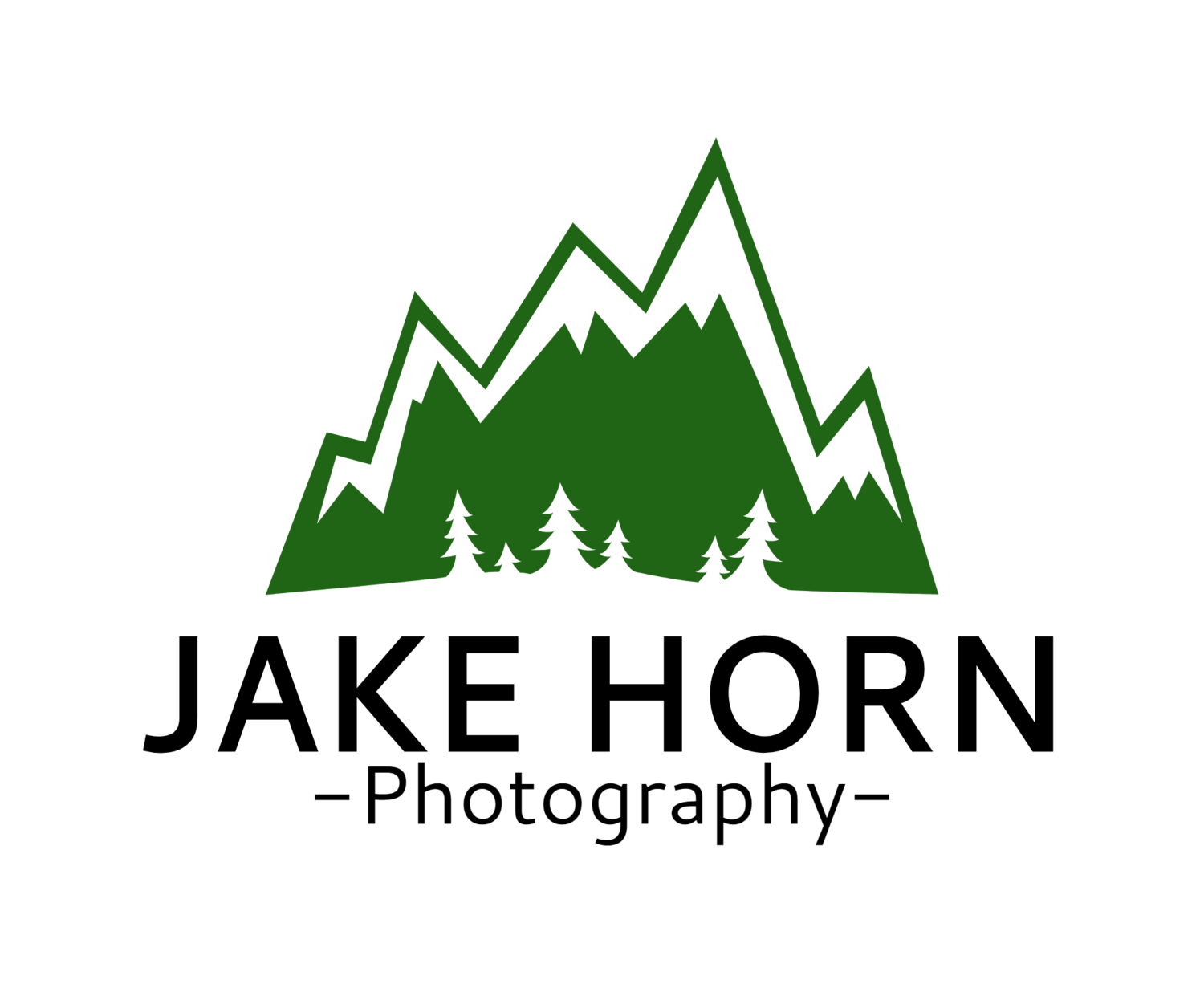I wasn’t sure what I was expecting heading into Death Valley. I was inspired to check it out after following Ben Horne’s annual trips on his video blog. The big takeaways for me have been that this park is large, diverse, and has high potential for unique photographic opportunities. Since there was only three full days to explore, I tried to limit myself to a few key areas. When chasing the perfect light in an unfamiliar place, I find an old proverb most helpful…”he who chases two rabbits catches none”.
BADWATER
This was a tricky spot. We scoped it out the first day by taking in the overview from Dantes Peak. If you’re going up to this peak in winter, definitely dress warm. It was in the 20's that morning, and the wind was blowing hard. We then headed down from the lookout to check out Badwater in the early morning.
View From Dantes Peak - Fotoman 69 w/90mm Super Angulon | Ektar 100
We came back out for sunset on the second day, but the sky was cloud free and not very interesting. So I decided to come back out the next morning and this was much more rewarding. The first thing I did was point my Fotoman south since there were dark clouds that looked promising to light up. As the sun got closer to cresting, I realized that my original composure would not work with the morning light. The sky and peaks to the west were developing into a much more pleasing scene. So I decided to take the risk and recomposed my camera with no time to bust out the ground glass and loupe to recompose. This is where the Horseman reflex viewer is a life saver. Knowing that the 47mm would already have enough depth of field, I put the viewer on, readjusted the frame, and quickly replaced my film back.
Mesquite Valley Sand Dunes
These dunes don’t look like much from far away, but as you approach, you realize how the expansive valley merely dwarfs this unexpected gem. We spent the better part of the afternoon exploring and looking for the perfect, untouched dune. After an hour or so of wandering, I finally found a spot to set up, and fired off some frames of Ektar and Adox CMS 20 II. I just finished developing the Adox roll and I hope to make some prints on my enlarger soon.
Fotoman 69 w/47mm Super Angulon XL | Ektar 100
The next morning, we started early and hiked in the dunes under moon light. It was much more difficult to spot footprints under this light. After 45 minutes or so, I could tell the sun was going to start lighting up the clouds, but I could not find a suitable composure. I was looking for an untouched dune that was also framed by the mountains in the distance. I feel like I settled a bit on this shot, but time was running out and I needed to set up before the moment passed.
Fotoman 69 w/90mm Super Angulon | Ektar 100
Darwin Falls
These falls are beautiful and there’s a very pleasant hike to get back to see it. I lucked out and got a solid ten minutes without anyone around to set up a few compositions and capture some frames on Ektar and Portra 160.
Fotoman 69 w/47mm Super Angulon | Ektar 100
I found that my shots made on Portra 160 were a little flat. I use graduated neutral density filters for my landscapes, but there wasn’t much dynamic range in the scenes in Death Valley. The sand and salt flats both reflect a ton of light, so a slide film might do really well here. I think on return visits, I will bring some Velvia to add some contrast and color intensity.
I will definitely plan a return visit someday soon. Being only a few hours from Vegas makes this excellent national park very accessible. I think winter is the right time to go, but a little luck with the weather goes a long way. Plan to go at a time of year where the moon is not out. It was great to hike in the morning under moonlight, but it prohibited any shots of the stars. I also recommend that any photographer interested in visiting Death Valley check out Ben Horne's blog before hand. He's got a great approach to shooting large formats, and revisits the valley every year.





